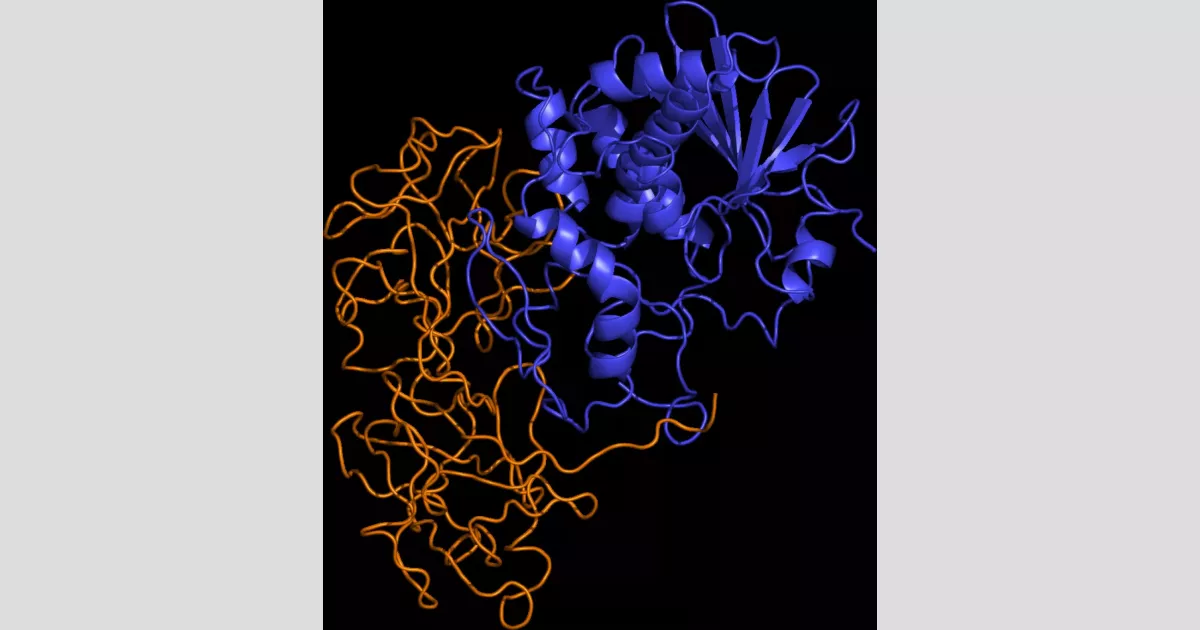Ricin is a highly toxic protein found in the seeds of the castor oil plant. It's particularly potent when injected, with a small amount being lethal to mice. Oral exposure is less toxic, but still dangerous in larger doses. Ricin is classified as a lectin, meaning it binds to carbohydrates.
1903: US Military Investigation and Hague Convention
In 1903, the US explored ricin's military use but faced limitations due to the Hague Convention's ban on poisoned weapons.
1923: Peter Hermann Stillmark Death
Peter Hermann Stillmark, credited with the first isolation of ricin in 1888, died in 1923.
1971: Aleksandr Solzhenitsyn's Suspected Poisoning
In 1971, Soviet dissident Aleksandr Solzhenitsyn experienced ricin-like symptoms after an encounter with KGB agents.
1972: Ricin as a Controlled Substance
Ricin was designated as a Schedule 1 controlled substance under the Biological Weapons Convention of 1972.
1978: Ricin Attack Survival and Immunity
In 1978, Bulgarian defector Vladimir Kostov survived a ricin attack, likely due to his body developing antibodies after initial exposure.
1978: Assassination of Georgi Markov
In 1978, Bulgarian dissident Georgi Markov was assassinated using a ricin-laced pellet, a case linked to Bulgarian secret police.
1997: Chemical Weapons Convention
In 1997, ricin's status as a controlled substance was further reinforced under the Chemical Weapons Convention.
2005: Antidote Development and Testing
In 2005, the US military developed an antidote shown to be effective in mice and had undergone some human testing.
2006: Antidote Development
In 2006, an antidote for ricin poisoning was developed by the UK military, but hadn't yet been tested on humans.
May 2013: Ricin Letters to US Politicians
In May 2013, letters containing ricin were sent to NYC Mayor Michael Bloomberg and President Barack Obama, leading to the arrest and conviction of Shannon Richardson.
2013: Castor Bean Ingestion Survival
In 2013, a woman in the US survived after ingesting 30 castor beans, highlighting the potential for survival in such cases.
2013: The Good Mother Film
The 2013 film "The Good Mother" depicted a case of Munchausen by proxy involving ricin poisoning.
2014: The Interview features ricin assassination plot
In the 2014 film "The Interview," a transdermal patch containing ricin is employed as part of a fictional CIA operation to assassinate North Korean leader Kim Jong-un.
September 2015: Mohammed Ali's Ricin Purchase
In September 2015, Mohammed Ali was sentenced to eight years in prison for attempting to buy ricin over the dark web.
2015: Assassination of Boris Nemtsov
In 2015, opposition politician Boris Nemtsov was assassinated near the Kremlin in Moscow.
October 2018: Ricin Letters to The Pentagon
In October 2018, two letters suspected of containing ricin were sent to The Pentagon, targeting Secretary of Defense James Mattis and Admiral John Richardson.
2018: Thwarted Ricin Attack in Germany
German police thwarted a planned ricin attack in 2018.
July 2019: Ricin Found in Pelican Bay State Prison
In July 2019, a letter containing ricin was found at Pelican Bay State Prison, but no harmful exposures were reported.
2019: RiVax Vaccine Development
In 2019, the RiVax vaccine against ricin was undergoing clinical trials with promising results in animal and human tests.
2020: Alleged Russian Plot in Czech Republic
In 2020, reports emerged about a Russian agent allegedly carrying ricin into Prague to target Czech politicians, sparking controversy and denial from Russia.
2023: Thwarted Ricin Attack in Germany
German police thwarted a planned ricin attack in 2023.
Mentioned in this timeline

Barack Obama the th U S President - was the...

Michael Bloomberg is an American entrepreneur politician and philanthropist He...
Germany officially the Federal Republic of Germany is a Western...
Russia officially the Russian Federation is a transcontinental country spanning...

Pelicans are a genus of large water birds in the...

Moscow is the capital and largest city of Russia located...
Trending

Dame Emma Thompson is a highly acclaimed English actress and writer with a career spanning over years Her exceptional talent...
8 months ago Milan Defeats Bologna 3-1 with Gimenez's Brace and Pulisic's Goal in Serie A
Katherine Barrett Wilson is an American progressive activist community organizer and writer As the co-founder and executive director of the...

The iPhone e is an affordable smartphone in Apple's iPhone series part of the eighteenth-generation line-up Announced on February it...

6 months ago Robert De Niro's best and worst performances, Netflix movie review and The Intern
Adam Schefter is a prominent American sports writer and reporter best known for his role as an NFL insider at...
Popular

Stranger Things created by the Duffer Brothers is a popular...

XXXTentacion born Jahseh Dwayne Ricardo Onfroy was a controversial yet...

Kelsey Grammer is an accomplished American actor producer and singer...

Candace Owens is an American conservative political commentator and author...
Turning Point USA TPUSA is an American nonprofit organization founded...

Bernie Sanders is a prominent American politician currently serving as...
